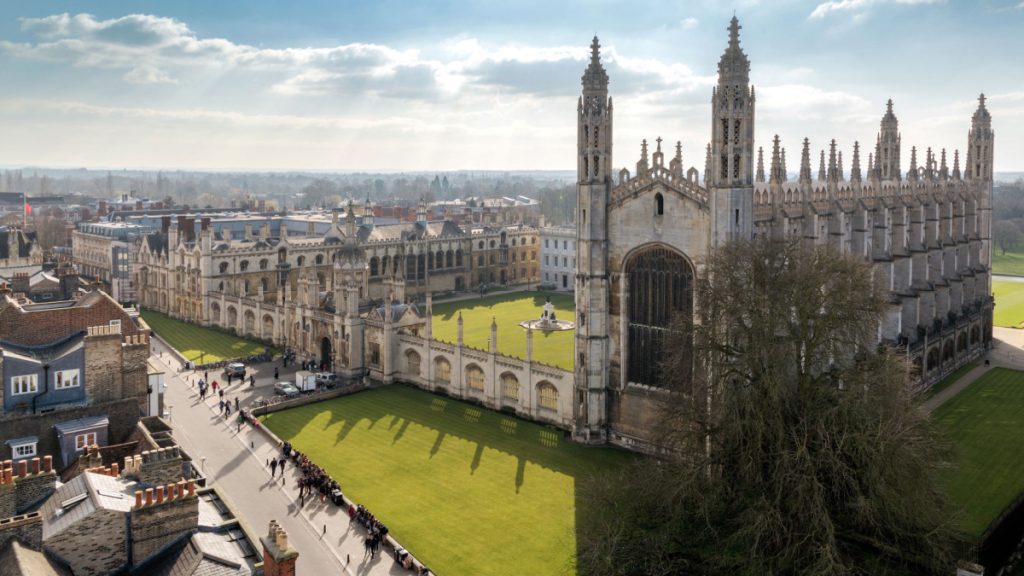
Cambridge City, situated in northern London, renowned for its esteemed university and scientific breakthroughs, is endeavoring to elevate its status as a technology hub, aiming to rival San Francisco in California, as reported by AFP.
The aspiration is to position the city as “the next Silicon Valley in the world,” as stated by UK Finance Minister Jeremy Hunt, who is committed to allocating resources to establish Cambridge as the new “European scientific capital.”
A pivotal move towards this objective is London’s pledge to allocate £3 million in the autumn budget to support new initiatives aimed at fortifying the city’s infrastructure, encompassing transportation and housing.
Known for its exorbitant property prices, Cambridge shares parallels with San Francisco, the epitome of the global “Silicon Valley,” where a concentration of highly skilled jobs contributes to the high cost of living.
The “Innovate Cambridge” initiative, a collaboration between the renowned university and major corporations like AstraZeneca and Microsoft Technology hub, seeks to double the number of startups referred to as “unicorns” in the city by 2035.
A unicorn startup, a term coined in 2013 to describe companies whose valuation surpasses $1 billion, symbolizes rarity and significant economic growth, akin to the mythical unicorn.
Recent data from Cambridge University indicates that the city has spawned 23 such startups, comparable to Berlin but fewer than London’s 39 “unicorns.”
Noteworthy successes include technology hub giant ARM, utilized in smartphones globally, IT security firm DarkTrace, and research antibodies producer Abcam.
Cambridge has been recognized by the World Intellectual Property Organization (WIPO) as the leading city globally for scientific and technological endeavors based on population density.
Although startup funding in the UK witnessed a decline last year, Britain retains its position as the third-largest technology incubator worldwide, following the US and China, according to a study by Dell Room and HSBC.
Mark Slack, co-founder of CMR Surgical, attributes the success of his life science company, which achieved “unicorn” status in 2019, to its Cambridge location, citing the city’s pool of technical talent.
A Virgin Money study hailed Cambridge as the UK’s prime city for launching businesses, citing its innovation, happiness index, and favorable factors like commute time and internet quality.
Despite its modest population of around 150,000, Cambridge remains undeterred in its aspirations, especially considering its American counterpart, Silicon Valley, which boasts a significantly larger population but only three times the number of unicorns.
Michael Anstey of Cambridge Innovation Capital believes that the city can leverage its historical achievements in DNA, IVF, and stem cell research to propel its future endeavors, citing its proficiency in translating academic innovations into commercial ventures over the past several decades.
Inside Telecom provides you with an extensive list of content covering all aspects of the tech industry. Keep an eye on our Tech sections to stay informed and up-to-date with our daily articles.